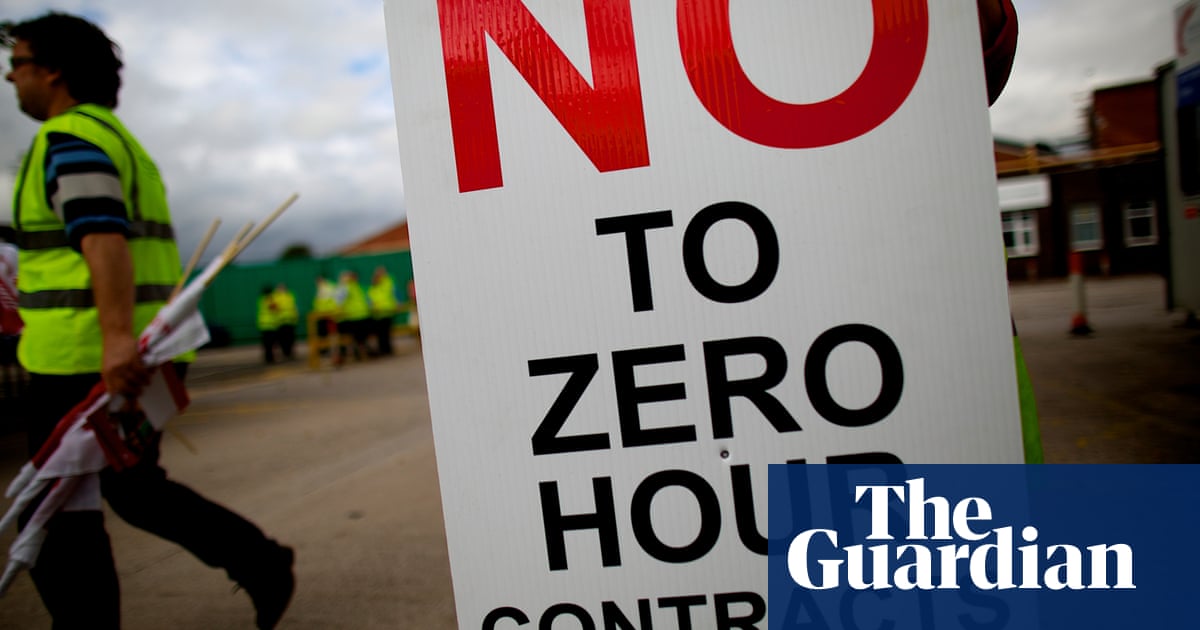
When it comes to the nuclear deal talks between Iran and the P5+1 world powers (the US, UK, China, Russia and Germany), the position of the US on the potential lifting of its sanctions is the most important issue for the Tehran regime. In other words, the two major players in the nuclear negotiations are the US and the Islamic Republic.
The Iranian leaders have been cognizant of the fact that the EU’s desire to see sanctions lifted, without US support, is not beneficial for their regime. During the Trump administration, the Europeans attempted to salvage the nuclear deal, with Germany, France and the UK setting up a mechanism called the Instrument in Support of Trade Exchanges (INSTEX). This was primarily meant to circumvent US sanctions after President Donald Trump pulled out of the nuclear agreement and the Department of the Treasury imposed primary and secondary sanctions against the Iranian regime. The sanctions targeted a wide range of Iran’s industries and sectors, including the banking system, oil exports and currency transactions.
Although INSTEX was designed to make Iran immune to the American sanctions, it failed as the Trump administration made it clear that all US and non-US entities that engaged in business dealings with the regime would be violating the sanctions. The Iranian leaders observed that their economy continued to deteriorate in spite of the EU’s appeasement. They were left furious that European companies were not willing to risk their business with the US or access to the American financial systems by dealing with the Iranian regime.
But the regime now appears to be winning the battle after all, as the Biden administration seems to be dangerously close to caving in to Tehran’s demands. According to a report last week, the Biden administration is contemplating lifting major sanctions on the regime.
The Iranian leaders have been adamant throughout the indirect negotiations in Vienna that they want all sanctions to be lifted in order for them to return to the nuclear deal. Instead of capitalizing on the critical leverage it has over the regime, the Biden administration will be giving it up if it rolls back the sanctions. As with the Obama administration, the Iranian leaders seem to have sensed that the Biden administration is desperate to reach a deal.
As with the Obama administration, the Iranian leaders seem to have sensed that the Biden administration is desperate to reach a deal
Dr. Majid Rafizadeh
What is more shocking is that the White House is reportedly even open to removing those sanctions that are not linked to Iran’s nuclear program in order to appease the Iranian leaders and persuade them to rejoin the deal. The non-nuclear sanctions include those related to Iran’s terror activities, human rights abuses and ballistic missile program. The Associated Press reported last week: “American officials have refused to discuss which sanctions are being considered for removal. But they have said they are open to lifting any sanctions that are inconsistent with the nuclear deal or that deny Iran the relief it would be entitled to should it return to compliance with the accord. Because of the complex nature of the sanctions architecture, that could include non-nuclear sanctions, such as those tied to terrorism, missile development and human rights.”
The lifting of non-nuclear sanctions during nuclear talks first occurred during the Obama administration, when the US gave in to the Iranian leaders’ demands and secretly removed some of the terrorism-related sanctions the UN and the Bush administration had imposed on the regime. The Biden administration must not attempt to mix the sanctions imposed due to Iran’s terrorism and human rights violations with the nuclear sanctions.
The Iranian leaders have always clung to the argument that they would not discuss their ballistic missile program during the nuclear talks. So why is the Biden administration open to easing sanctions on this program if Tehran is not willing to curb or even discuss its ballistic missiles?
The Biden administration’s stance also suggests it is open to lifting sanctions on Iran’s financial system and banks, but sanctions imposed on some of Iran’s banks are related to their role in facilitating terrorism. Under Trump, the US Department of the Treasury placed sanctions on 50 Iranian banks and their foreign and domestic subsidiaries, while also “targeting the Iranian regime’s abuse of Iran’s banking sector to fund its destabilizing activities.” It added that the Iranian regime had funneled the equivalent of billions of dollars to the Quds Force through the banking sector.
This means that, by lifting sanctions against Iranian banks and permitting Islamic Revolutionary Guard Corps leaders to conduct business, there will be no mechanism to check on and stop Iran’s illegal activities when it comes to issues such as its ballistic missile program and terror activities.
The Biden administration seems to be dangerously close to capitulating to the Iranian regime. This will be a blow to the Iranian people, the region and global security.
* Dr. Majid Rafizadeh is a Harvard-educated Iranian-American political scientist. Twitter: @Dr_Rafizadeh
Disclaimer: Views expressed by writers in this section are their own and do not necessarily reflect Arab News" point-of-view












